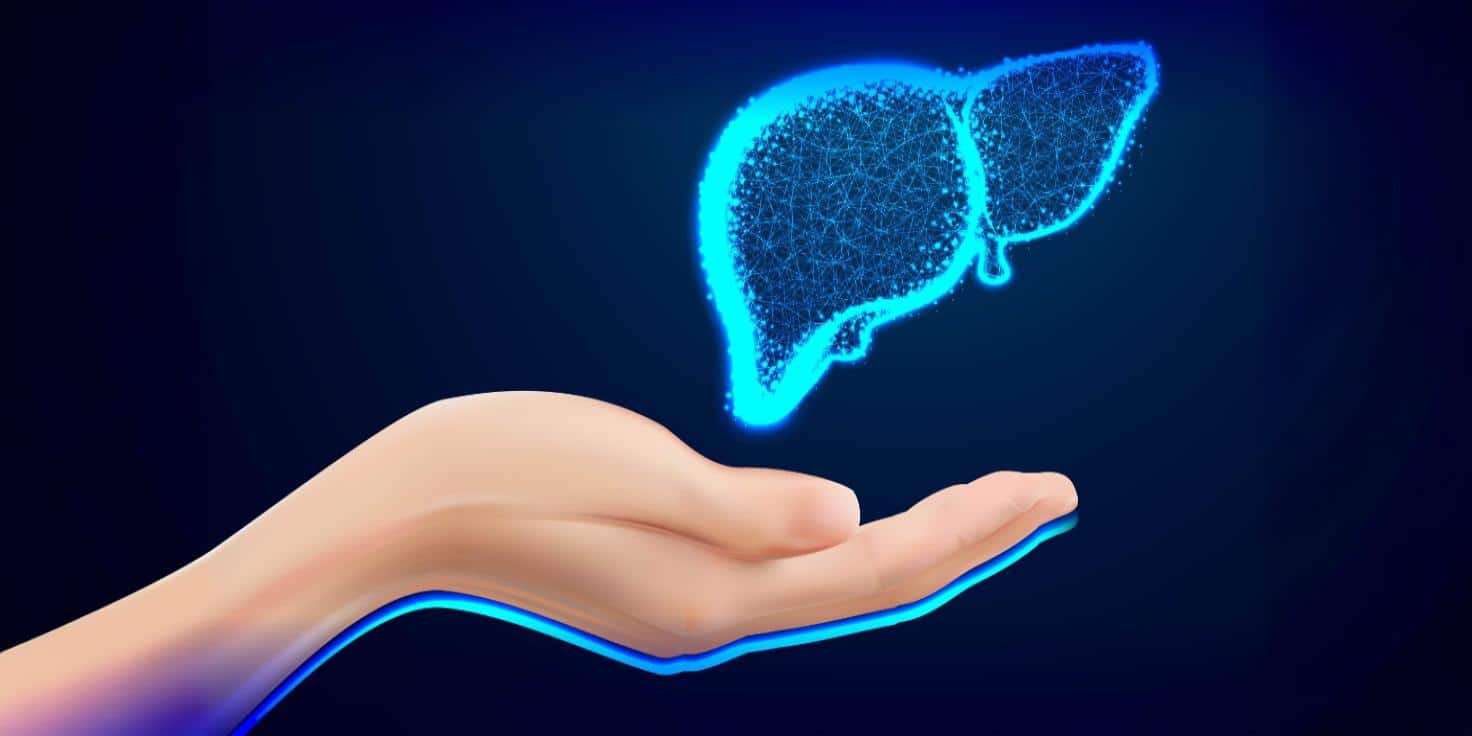Extreme heat could be rewriting your DNA, making you older faster
A single week of high heat could accelerate your biological clock, scientists warn
Author
Author
- admin / 7 months

- 0
- 3 min read

Author
The ongoing heatwave across the world, including in india, may not just be uncomfortable, they may actually be aging your body from the inside out.
A study has found that older adults living in areas with frequent extreme heat show signs of accelerated biological aging, as measured by changes in their DNA. These changes, known as epigenetic aging, are a molecular reflection of how quickly someone is biologically aging—regardless of what their birth certificate says.
“The physiological toll exacted by heat events may not manifest immediately as clinical conditions,” the study states. “Rather, these environmental insults may elicit subclinical deterioration at the biological level.”
The researchers examined data from a nationally representative sample of 3,686 Americans aged 56 and older, tracking their exposure to high outdoor heat over various time windows—from one week to six years—and comparing it with DNA methylation patterns, which are widely accepted markers of biological aging.
What they found is striking: more days with heat indexes above 90°F were strongly associated with faster aging.
For example, just a single week of “caution-level” heat (heat index > 80°F) was linked to an epigenetic age acceleration of more than one year. And over a one-year period, “extreme caution” heat exposure (heat index > 90°F) was associated with a biological aging increase of up to 2.5 years, based on one of the most robust epigenetic clocks used in the study.
“Severe heat stress can induce a ‘maladaptive epigenetic memory,’ which can be coded through changes in DNA methylation patterns,” the authors explain. “These alterations modulate gene expression and exert downstream effects on morbidity and mortality risks.”
In simpler terms, heat exposure may not only make you feel older, it might actually make you older at the cellular level.
This epigenetic shift is particularly concerning for older adults, whose natural ability to regulate body temperature is already declining.
“Health impacts from heat are particularly adverse among older adults due to age-related declines in thermoregulatory functions,” the study notes.
Interestingly, the study found no major differences in vulnerability across race, gender, education level, or income, suggesting that extreme heat is a universal stressor.
This research comes at a time when extreme heat events are increasing globally due to climate change. The authors warn that the invisible toll of heat on aging and long-term health outcomes may be vastly underestimated.
“While links between extreme heat and morbidity and mortality are well established, knowledge of the biological underpinnings is limited,” the researchers write. “Our findings provide insights into the biological mechanisms linking heat to aging-related morbidity and mortality risks.”
Also read: https://firstcheck.in/who-beat-the-heat-workers-heatwaves-safety/
(Do you have a health-related claim that you would like us to fact-check? Send it to us, and we will fact-check it for you! You can send it on WhatsApp at +91-9311223141, mail us at hello@firstcheck.in, or click here to submit it online)









